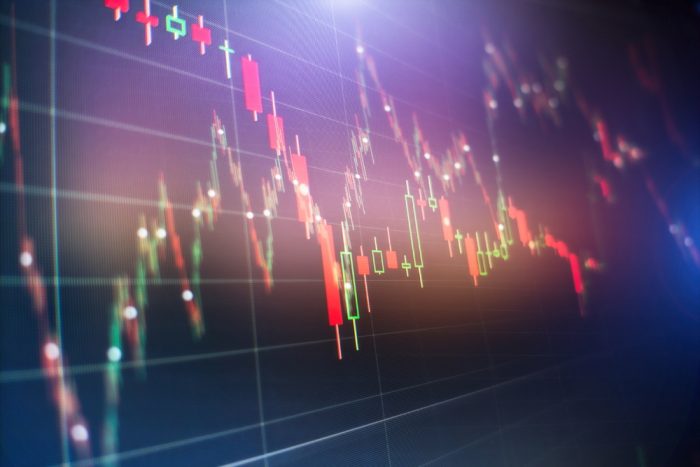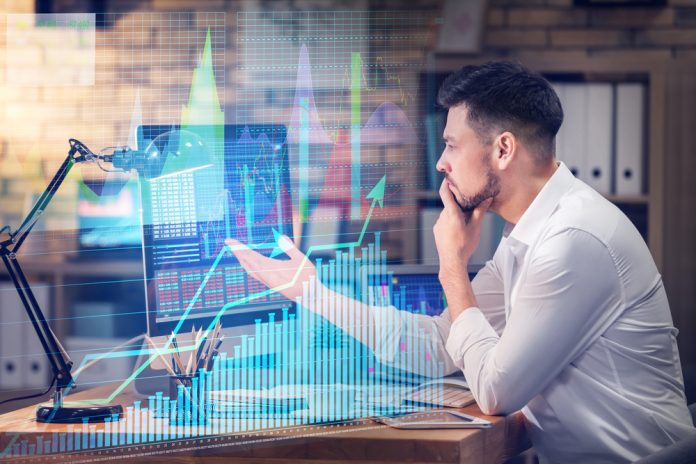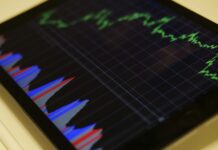Commodity trading has been attracting a lot of investors recently. Just like in other investment markets, it comprises of both small and large investors. Some of the mega-firms who trade commodities are Vitol, Cargill, Kosh Industries, Mercuria, Noble Group, etc. One can build a fortune with commodity trading if they know what they are doing.
Commodity trading has a long history, and it goes even beyond the stock and bond market. It is an ancient profession, and people have been trading commodities for ages. Today, you can trade commodities via online platforms as well. And you can practice your craft with virtual money to get your feet wet. However, you need to know some vital things before starting your trading journey in the commodity market.
7 Things You Must Know Before Entering the Commodity Market
Commodity trading is like other forms of trading, and the trader with knowledge and skills makes money, while others lose money. Before starting your journey, here are the seven key facts you must know about trading commodities:
1. There Are Four Common Types of Commodities
There are many types of commodities. However, it’s possible to categorize commodities into four main categories, which are:
- Energy (Natural Gas, Electricity, etc.)
- Metals (Zinc, Gold, Silver, etc.)
- Agricultural (Coffee, Corn, Wheat, etc.)
- Livestock and Meat (hogs, cattle, etc.)
Some people prefer trading agricultural commodities, while others prefer some other types of commodities. In agricultural commodities, you need to deliver, while other non-agro commodities don’t require delivery. You can start commodity trading with Pepperstone right away or with some other online platforms.
2. The Chicago Mercantile Exchange Is the Largest Commodity Trading Body
Just like NASDAQ and New York Stock Exchange are places for trading stocks, Chicago Mercantile Exchange is the largest exchange center for trading commodities. Almost 80% of the trade is done online, while the other 20% comes from open outcry. It depends on call out orders, quantity, and price.

3. Commodities Are Volatile
Commodities are not like the stock market. If you want a stable and steady market price, you should stay away from the commodity market. The volatility of the commodity market is nothing new for experienced traders.
Recently, the world has seen even more volatility. For instance, natural gas, coffee, and other groups of commodities have seen an increment of a 30-60% price hike within six months. And the commodity market has experienced even more volatility than a 30-60% price hike within the past 15-20 years.
4. Commodity Market and Dollars Have Correlation
The world economy is impacted by currency value in one way or the other. But the case of the commodity market is different than others. It’s more sensitive to the fluctuation in the amount of dollars because traders use dollars to trade commodities worldwide.
The more substantial US dollars means the commodity price will be lower, and the decline in the US dollar means it will take more dollars to purchase the commodity. One of the factors you must consider while trading commodities is a fluctuation in the dollar price.
5. Liquidity Depends on the Commodity You Trade
The liquidity depends on the commodity that you hold. In general, non-agro commodities have higher liquidity like gold, silver, copper, etc. However, there are some agricultural commodities like mustard, soybean, etc. that have higher participation.
With all that said, it’s crucial to have knowledge of that specific commodity to gain profit.
6. Margins Can Get Higher Than Usual at Times
Traders in non-agro commodities expect around a 5-10% margin on average. However, market volatility can dramatically increase the margin, and it can go above 30-60% at times. In agricultural commodities, volatility is common. And you can expect a significant margin when the market is volatile.
7. Investing in the Future Is Safer
The investors who don’t want to take much risk can invest in something called the future contract. It’s an agreement between two parties to exchange commodities for a specific price at a set time.
However, investing in the future isn’t something that inexperienced traders should try. It requires a lot of capital in advance and may involve borrowing money as well. You also need to have experience in predicting future volatility to trade in the future.
Final Thoughts
Commodity trading involves a lot of risks. As a beginner, it is better to start with a small amount of money, instead of putting a considerable sum of money at stake. Like all other forms of trading, you’ll make mistakes and grow better as time passes.
If you want to start dealing with a commodity market, it’s better to use online platforms and start with virtual money. The commodity market has a long history, and you’ve got the potential to make a lot of money in this market once you understand the ins and outs of this form of trading.
Find a Home-Based Business to Start-Up >>> Hundreds of Business Listings.

















































